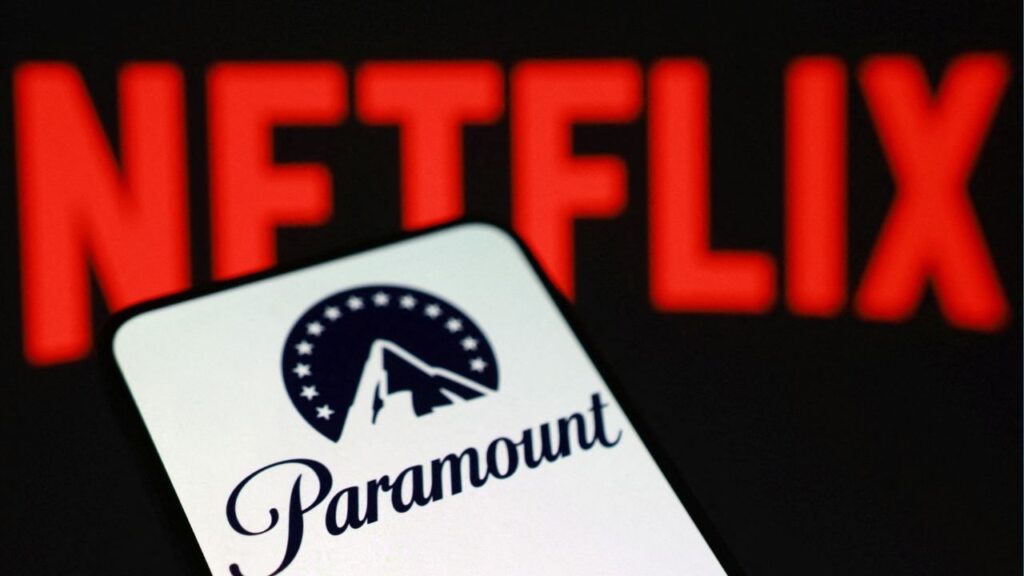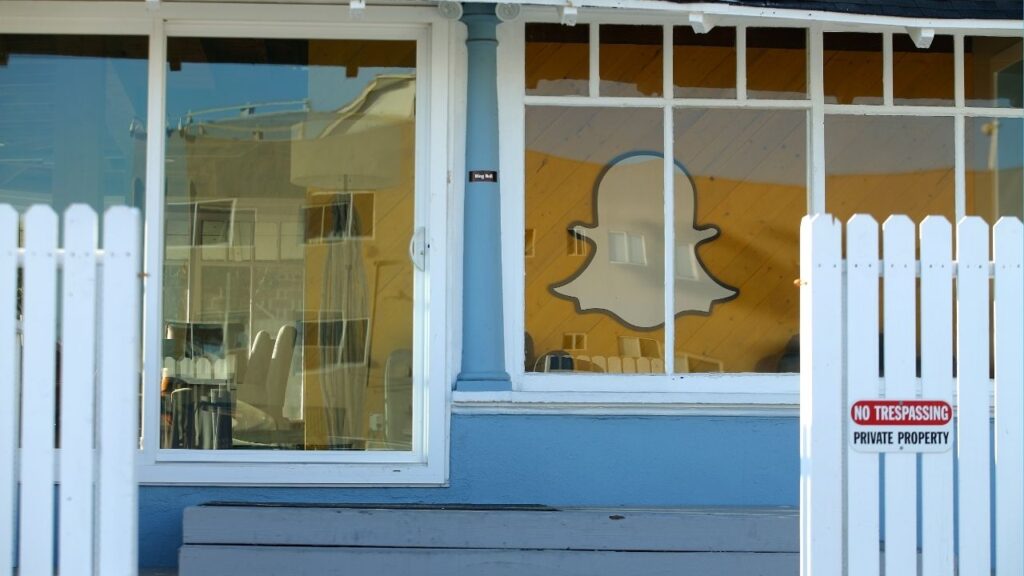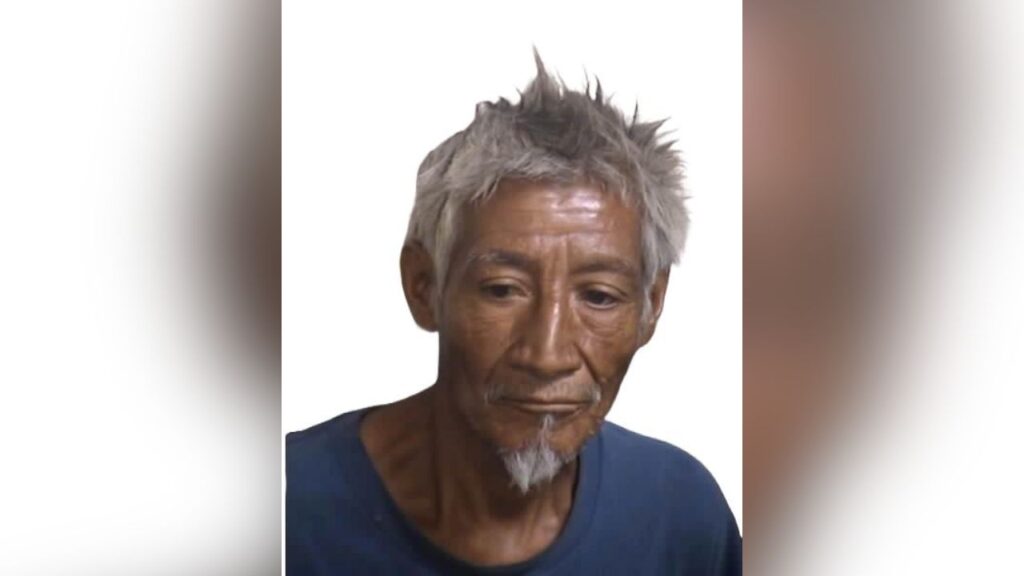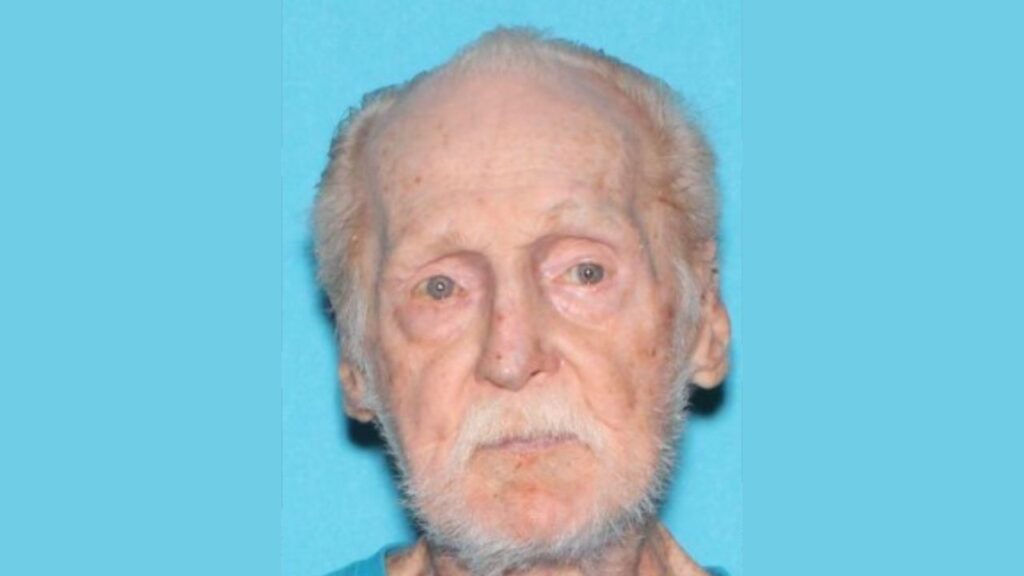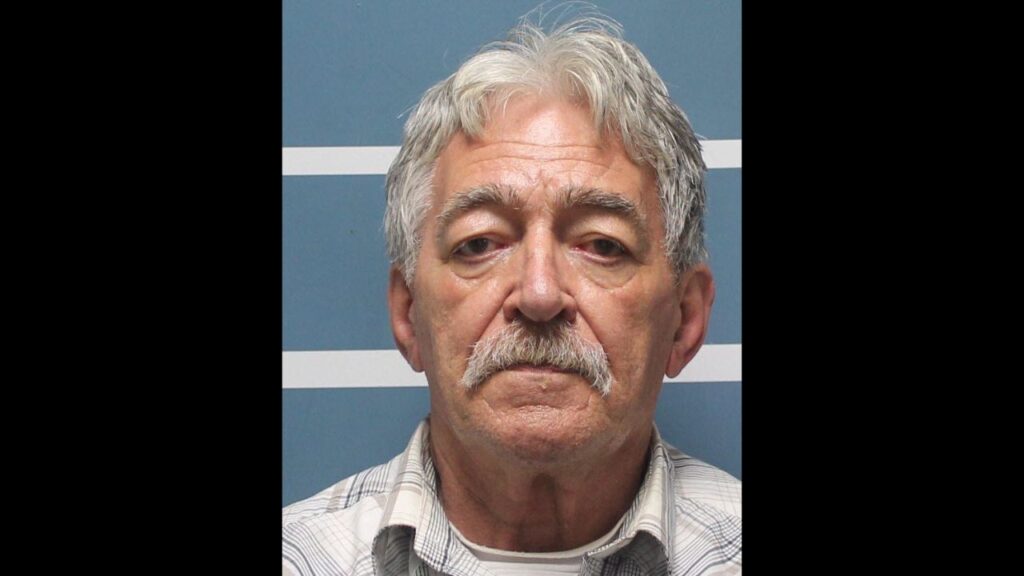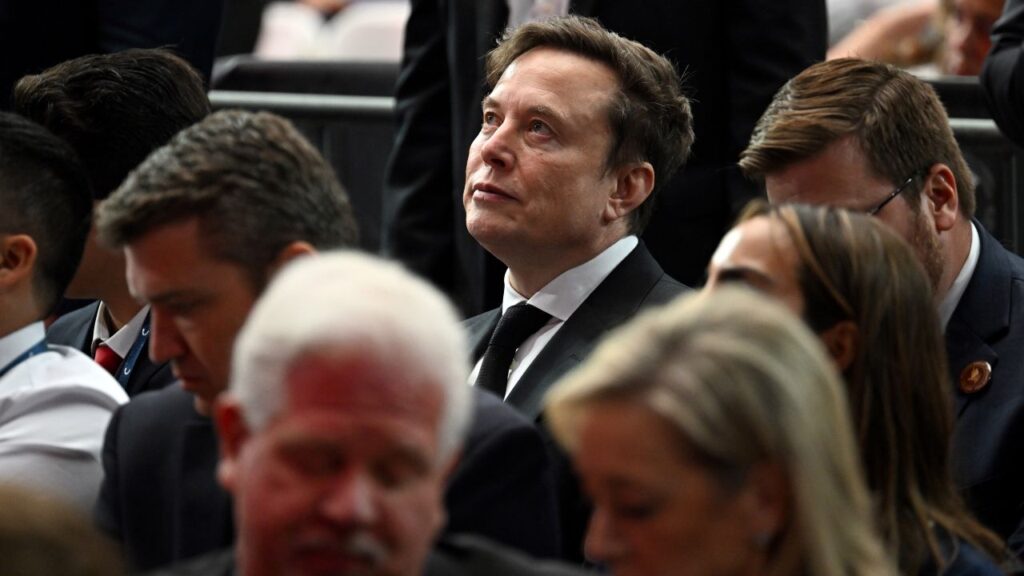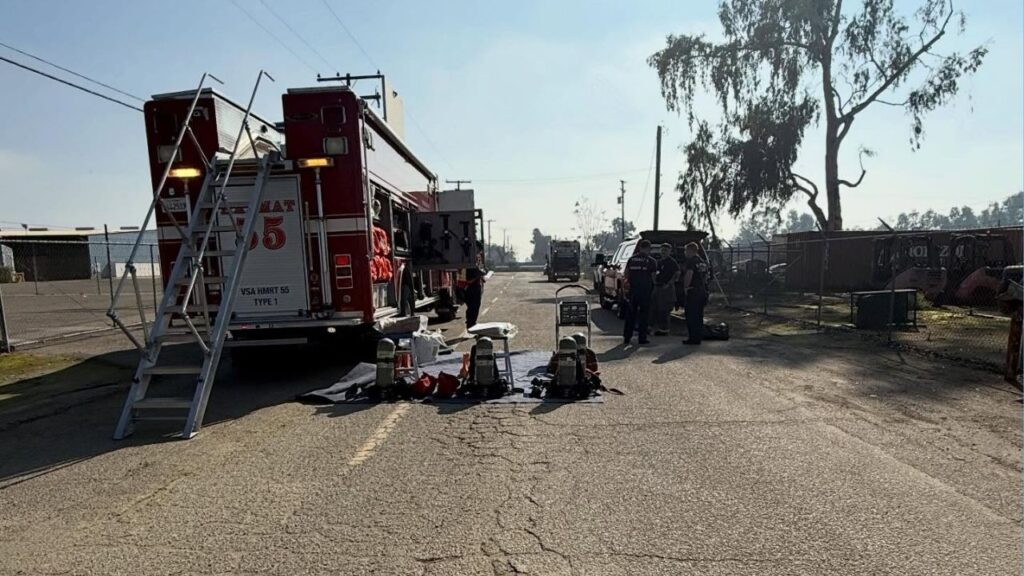Former L.A. City Councilman Jose Huizar's fall from power reveals deep-rooted corruption tied to downtown's rapid development. (Shutterstock)

- FBI caught Huizar accepting $1.8M in bribes from Chinese developers, including casino chips and luxury perks.
- Over 50 key political figures and executives in L.A. and San Francisco have been convicted on corruption charges since 2019.
- Analysts cite concentrated power, diminished local media, and one-party dominance as factors fueling California's corruption crisis.
Share
|
Getting your Trinity Audio player ready...
|
LOS ANGELES — Jose Huizar’s downfall at Los Angeles City Hall was as stunning as his rise to success, a political tragedy that, like many in the land of dreams, has become a familiar one.
Born to a large family in rural Mexico and raised in poverty near the towering high-rises of downtown Los Angeles, he overcame enormous odds to graduate from the University of California, Berkeley, Princeton University and UCLA law school.
He returned to his old neighborhood in East Los Angeles to run for the school board and eventually the City Council, where he gained control of the influential committee that approves multimillion-dollar commercial development projects across the city.
His spectacular fall — after FBI agents caught him accepting $1.8 million worth of casino chips, luxury hotel stays, prostitutes and a liquor box full of cash from Chinese developers — was cast by federal prosecutors as an epic Hollywood tale. They persuaded a judge in January to sentence him to 13 years in prison on charges of tax evasion and racketeering.
This week, when Huizar is scheduled to report to prison, he will become the third recent Los Angeles City Council member to go down as part of corruption investigations, part of a much larger circle of staff aides, fundraisers, political consultants and real estate developers who have been charged in what federal authorities called an “extraordinary” recent wave of bribery and influence-peddling across California.
Two other members of the City Council have also faced criminal convictions. One of them, Mark Ridley-Thomas, was found guilty of bribery and fraud last year; the other, Mitchell Englander, pleaded guilty in 2020 to a charge of making false statements in connection with a corruption investigation.
A fourth City Council member, Curren Price, is facing charges of embezzlement, perjury and conflict of interest.
Over the last 10 years, 576 public officials in California have been convicted on federal corruption charges, according to Justice Department reports, exceeding the number of cases in states better known for public corruption, including New York, New Jersey and Illinois.
California has a larger population than those states, but the recent wave of cases is attributable to much more than that, federal prosecutors say.
Related Story: Silicon Valley Tech Executive Falls Victim to $400,000 Real Estate Cyber Scam
A Perfect Storm: Factors Fueling LA’s Corruption Crisis
A heavy concentration of power at Los Angeles City Hall, the receding presence of local news media, a population that often tunes out local politics and a growing Democratic supermajority in state government have all helped insulate officeholders from damage, political analysts said.
In Los Angeles, Huizar’s influence was even greater than that of most other council members: Not only did his district include downtown Los Angeles, where billions of dollars of foreign investment was transforming the skyline, but he also controlled the Planning and Land Use Management Committee that approves major developments all over the city.
“When you have that kind of power, pay-to play schemes run amok,” said U.S. Attorney Martin Estrada, whose office has led many of the recent prosecutions in Los Angeles. “I wouldn’t call it ordinary what these folks did. It is extraordinary.”
Huizar, 55, pleaded guilty to racketeering, a charge often used in prosecuting organized crime or street-gang cases. The $1.8 million in bribes he received was twice the amount that recently convicted Sen. Bob Menendez of New Jersey was charged with accepting.
In March, a jury convicted Raymond Chan, a former Los Angeles deputy mayor whom prosecutors called the “architect” of the Huizar conspiracy, also on racketeering charges. In all, more than 50 key political figures and executives in Los Angeles and San Francisco have been convicted since 2019. Many more were investigated or resigned after allegations surfaced.
California also had cases of corruption in the days, now in the distant past, when Republicans held statewide office.
But political analysts say the Democrats’ present lock on political power leaves little opportunity for Republicans to effectively raise the issue of corruption as a campaign issue.
“When a political party enjoys that much uncontested power, there’s no penalty for stepping over ethical or legal lines,” said Dan Schnur, a former head of the state Fair Political Practices Commission and a former Republican who is now an independent.
A two-year-old reform effort to curb some of the extraordinary power conferred to individual council members in Los Angeles has foundered.
“When you talk about reducing individual council member discretion over land use, there is real pushback,” said Nithya Raman, a council member who sits on the city’s charter reform committee.
What happened in Los Angeles had been playing out on a smaller scale for years in the small industrial cities of Los Angeles County that have been described as a “corridor of corruption”: South Gate, Bell, Lynwood and Vernon, among others, where civic leaders were prosecuted for taking bribes or tapping into city funds.
“You have large immigrant populations, largely marginalized communities that do not have the resources to watch their politicians closely,” said Estrada, whose parents emigrated from Guatemala. “I think you have a pretty unique cauldron of factors in Los Angeles and the greater Los Angeles area that allow for these things to happen.”
Related Story: Fresno Legal Cannabis Process Needs More Transparency, Too Much Potential for ...
Chinese Investment Fuels Downtown Boom and Bribery
The arrival of large-scale investments from China starting in 2011 heightened the risks.
Over the next half-dozen years, about $26 billion of direct investment from Chinese firms and their billionaire owners arrived in the state.
Downtown Los Angeles underwent a dramatic revival. New high-rise condos and hotels went up, abandoned warehouses were converted into loft apartments and galleries and expensive restaurants opened.
The 40-year-old Grand Hotel, a rundown eyesore used until recently by the city as a homeless shelter, was at the center of one investor’s grandiose plan.
The investor, Wei Huang, a billionaire owner of the development company Shen Zhen New World, bought the hotel in 2010 with plans to convert it into a 77-story tower, the highest in the western United States.
What he needed was help managing the byzantine political approval process. He found it, federal prosecutors said, with Huizar, who had been elected to the council in 2005.
Starting in 2013, federal prosecutors said, Huizar took the first of 20 all-expenses paid trips to Las Vegas with Huang, during which he was supplied with about $10,000 worth of casino chips each time.
Their involvement deepened just before a 2015 election, when Huizar faced allegations from his deputy chief of staff that he had sexually harassed her. Huang, prosecutors said, provided him with $600,000 of collateral for a loan to settle out of court.
But it was the free casino chips in Las Vegas that would ultimately unravel the arrangement. During one trip to the Cosmopolitan casino in 2016, its security chief, a former FBI agent, spotted Huizar playing a $16,000 pile of chips at a card table. When he asked his identity, he became flustered and walked away, leaving the chips.
“Who walks away from $16,000 of casino chips?” said Carlos Narro, who was then the chief of the FBI’s public corruption section in Los Angeles, who got a call from the security chief.
In short order, Narro had the casino’s video of the scene at the card table and flight records. With those, the FBI got court approval for wire taps and searches of Huizar’s text messages and emails.
Ultimately, the investigation found that Huang had paid roughly $1.8 million to Huizar, but that was only part of a much wider network of corruption, investigators found. The wide-ranging racketeering indictment to which Huizar pleaded guilty also targeted a City Hall aide, a deputy mayor, a lobbyist and a political fundraiser, all of whom were also convicted.
Huang was also indicted and is now a fugitive, believed to be in China. His company was fined $4 million.
Also included in the indictment were three other large development projects whose backers, prosecutors said, obtained Huizar’s help in exchange for bribes.
Now scheduled to surrender to prison by Saturday, Huizar made a public apology at his sentencing hearing, saying he had long been dedicated to his community. “Shiny things were dangled in front of me, and I could not resist the temptation,” he said in a letter to the judge asking for leniency. “The money, the fancy dinners, luxury flights. It was there for the taking, and I could not say no.”
–
This article originally appeared in The New York Times.
By Ralph Vartabedian
c. 2024 The New York Times Company





